Humanitarian & Livelihood approach
Over the last 5 years, and in collaboration with local partners, FDCD supported more than 10 000 vulnerable families in Syria and Lebanon. Unfortunately, crises continue to emerge, and political, security, and economic conditions are worsening. With a decrease in funding, we face many challenges in continuing to provide a decent livelihood and dignity for our people, while preparing them to take control of their future.
Working in countries that face many conflicts, disasters and wars, makes humanitarian work and emergency relief response readiness, mandatory. However, we believe that immediate aid, if not complemented with peace and development efforts, cannot support people in re-building and sustaining their lives, in times when they most need it. (read more)
This is why we continuously work on aligning our responses with the “humanitarian – development – peace” nexus. Following the latter, we work on responding to immediate needs of vulnerable people while addressing systemic roots of conflict and vulnerability, ensuring sustainable and long-term transformation. In other words, we aim to advance from the stage of cardboard citizen – that is subsistence and parcels’ distribution- to the stage of developing the individual on the physical, psychological, economic and social levels.
Our approach is context sensitive and relies on collaboration and insights from the community and volunteers. For example, this year, we were asked: why are you including school stationary in your winterization supplies? We answered: based on our fieldworkers’ observations, families did not send their children to school because they had no books, pens or notebooks to learn with. So, we automatically managed our resources and implemented this change.
The destiny of world civilization depends upon providing a decent standard of living for all mankind - Norman Borlaug
Support our work
With the generous donations of our partners, we have been able to assist over 520,000 individuals in the past five years by providing food, hygiene items, winterization kits, and medicine.
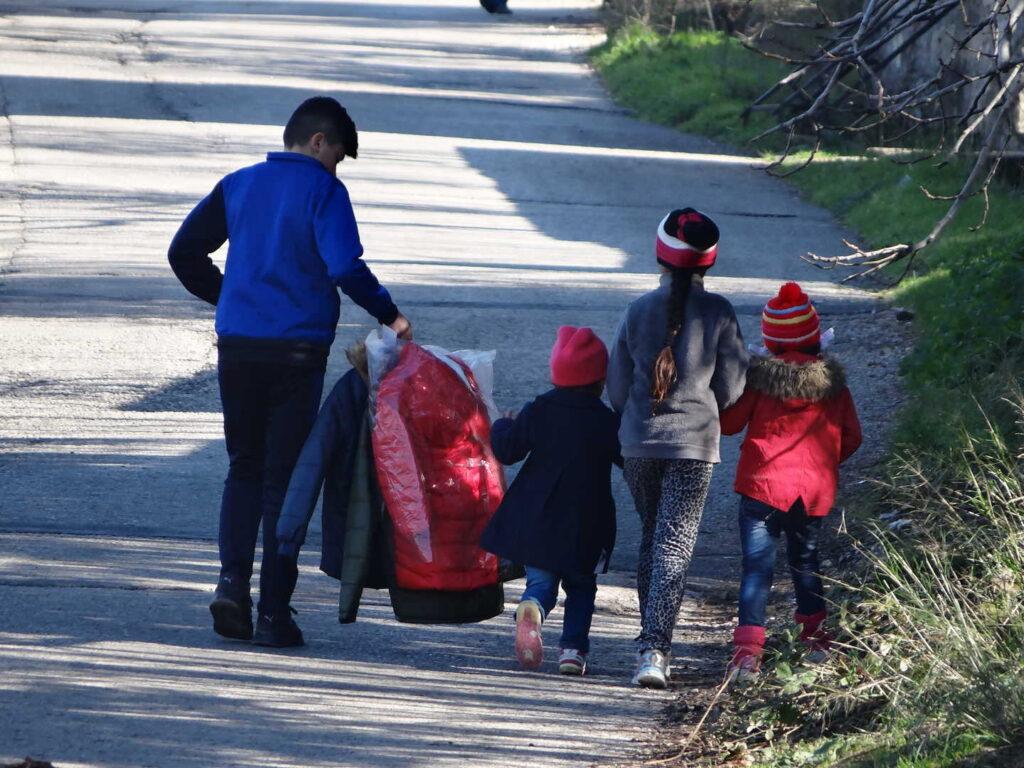

Without food, all other components of social justice are meaningless.
- Norman Borlaug
What do we do?
Copyright © FDCD, all rights reserved.


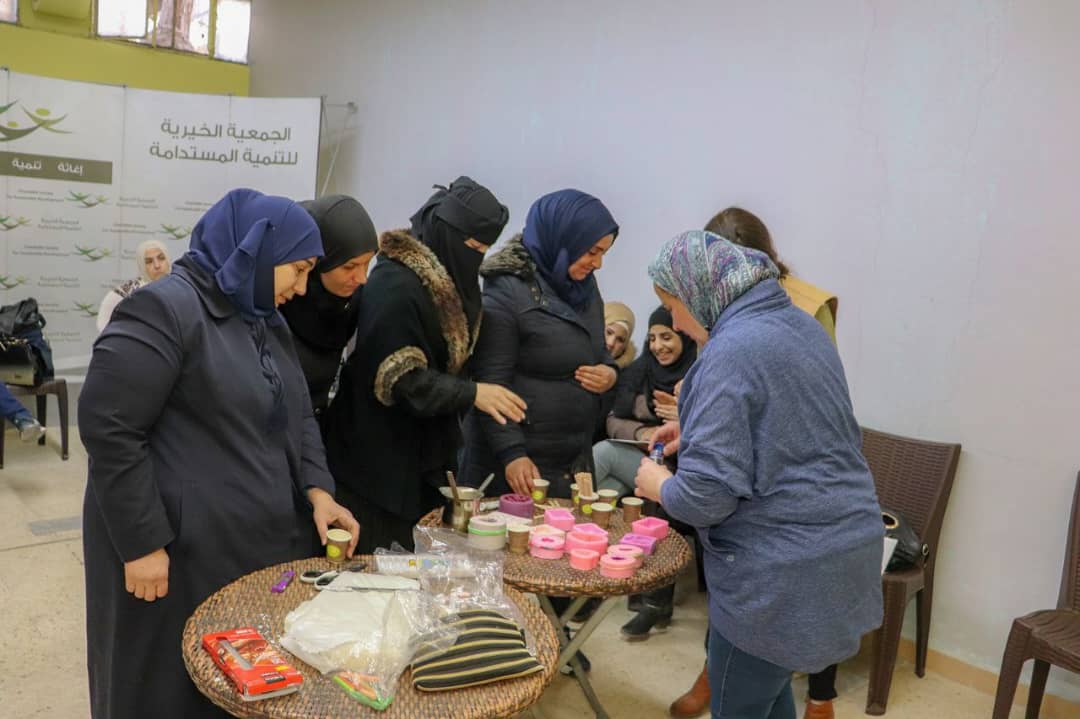
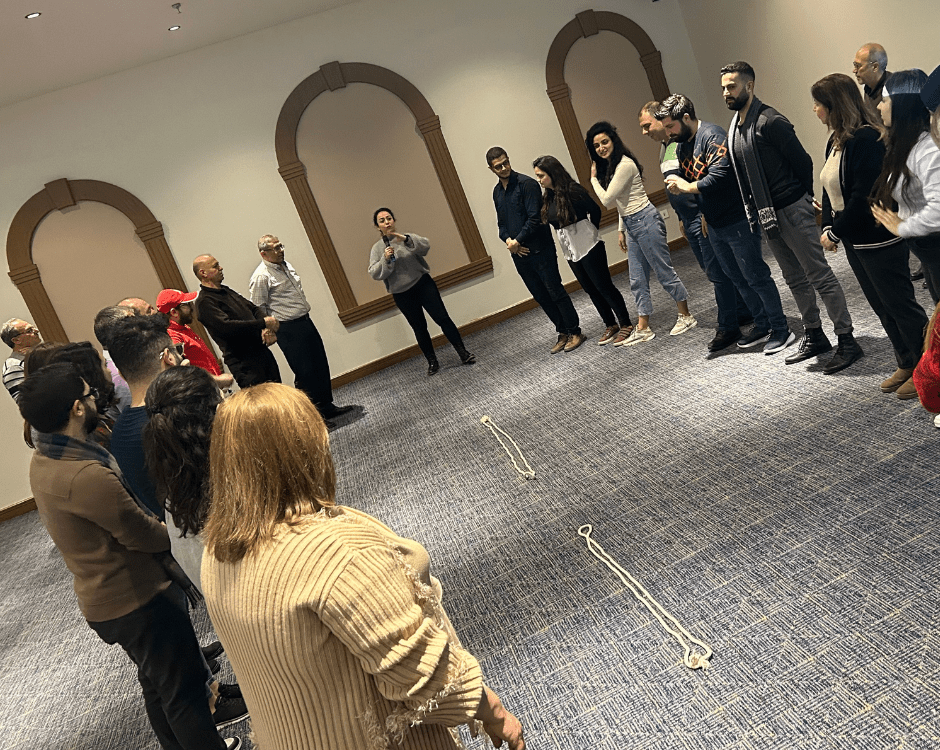
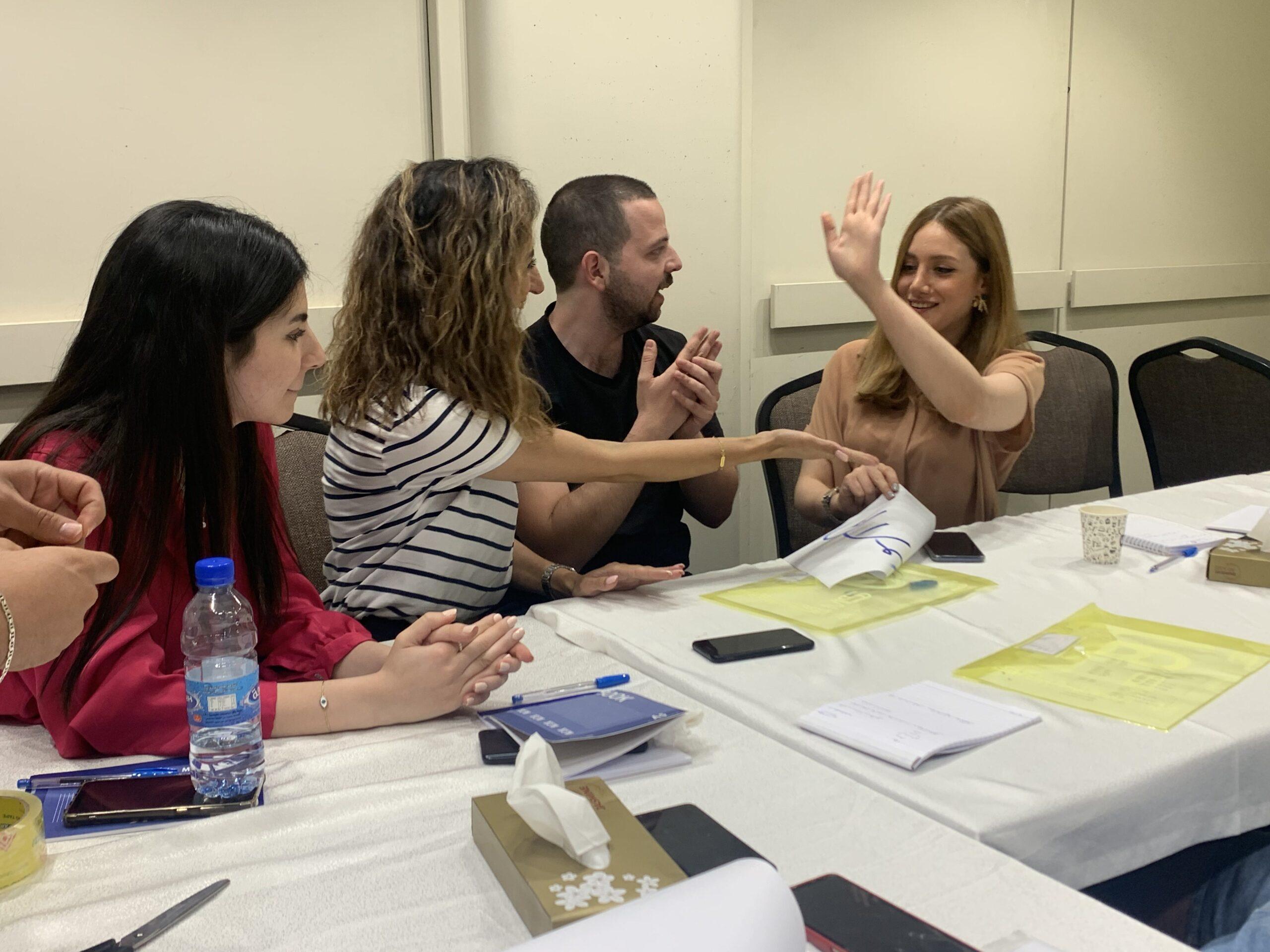
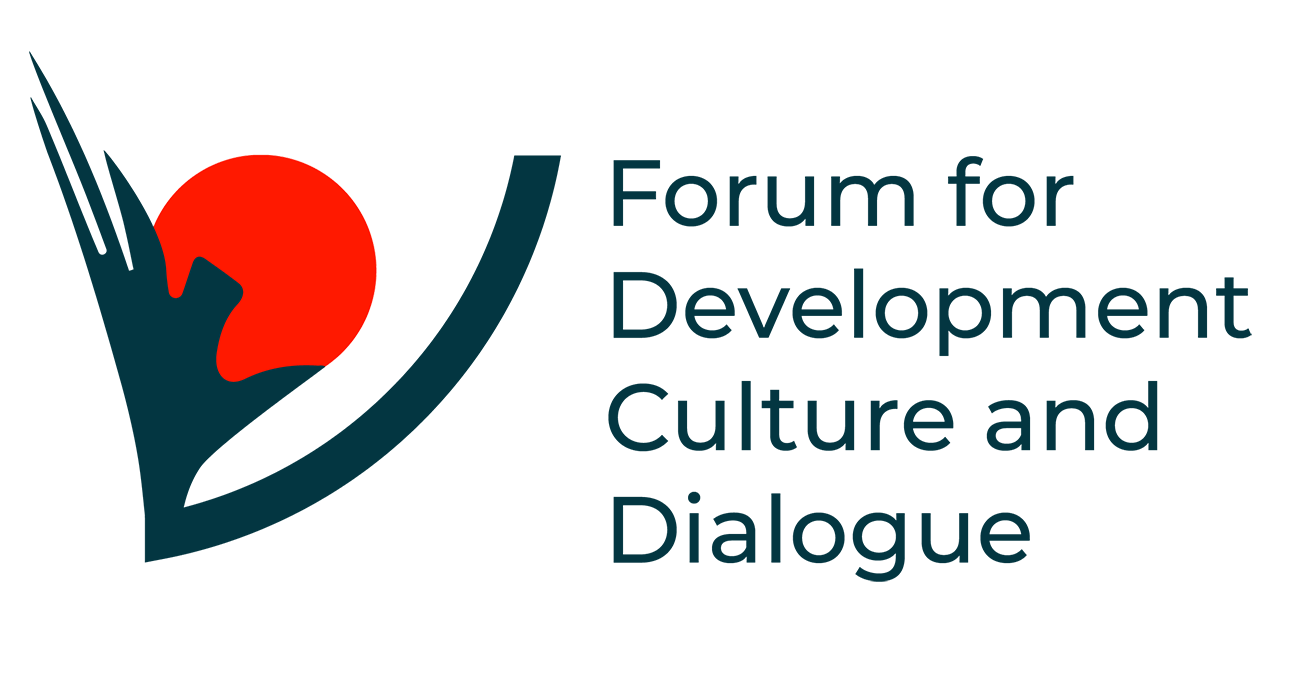
Stay Connected